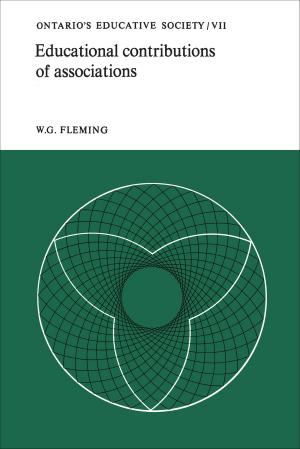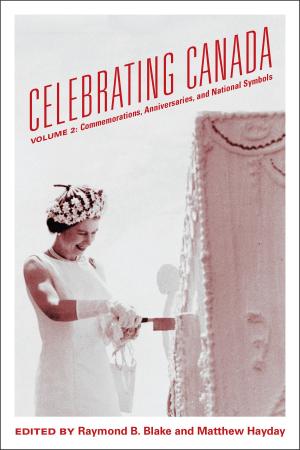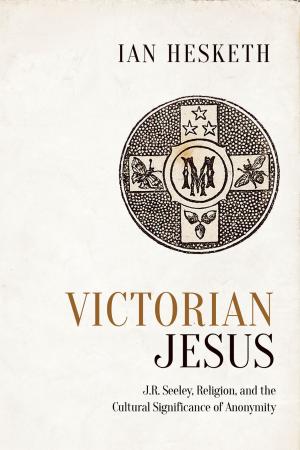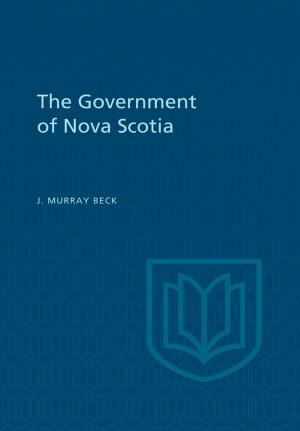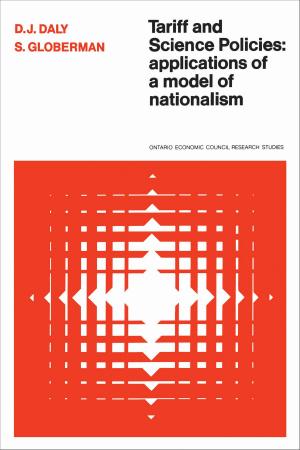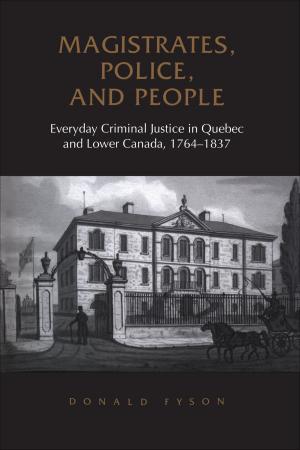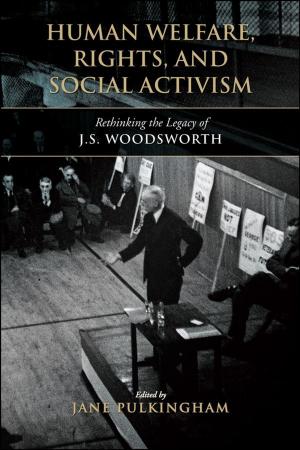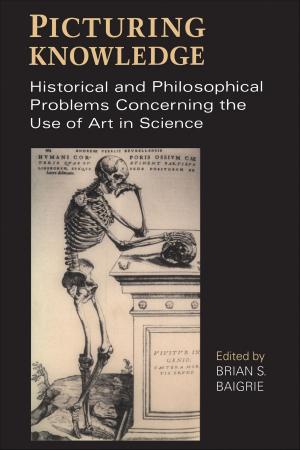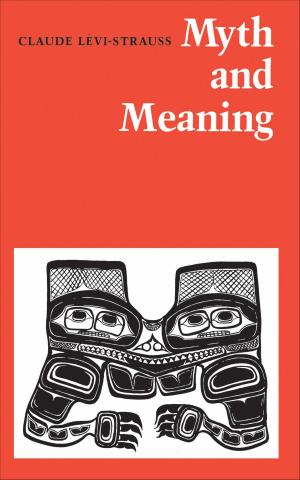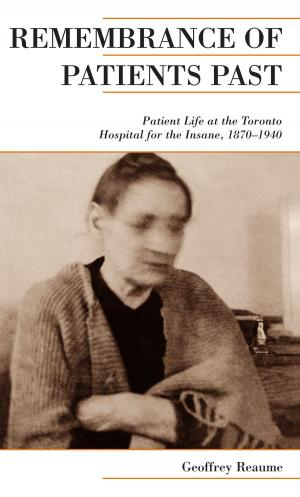A Great Rural Sisterhood
Madge Robertson Watt and the ACWW
Nonfiction, History, European General, Social & Cultural Studies, Social Science, Gender Studies, Biography & Memoir| Author: | Linda M. Ambrose | ISBN: | 9781442669024 |
| Publisher: | University of Toronto Press, Scholarly Publishing Division | Publication: | February 5, 2015 |
| Imprint: | Language: | English |
| Author: | Linda M. Ambrose |
| ISBN: | 9781442669024 |
| Publisher: | University of Toronto Press, Scholarly Publishing Division |
| Publication: | February 5, 2015 |
| Imprint: | |
| Language: | English |
As the founding president of the Associated Country Women of the World (ACWW), Madge Robertson Watt (1868–1948) turned imperialism on its head. During the First World War, Watt imported the “made-in-Canada” concept of Women’s Institutes – voluntary associations of rural women – to the British countryside. In the interwar years, she capitalized on the success of the Institutes to help create the ACWW, a global organization of rural women. A feminist imperialist and a liberal internationalist, Watt was central to the establishment of two organizations which remain active around the world today.
In A Great Rural Sisterhood, Linda M. Ambrose uses a wealth of archival materials from both sides of the Atlantic to tell the story of Watt’s remarkable life, from her early years as a Toronto journalist to her retirement and memorialization after the Second World War.
As the founding president of the Associated Country Women of the World (ACWW), Madge Robertson Watt (1868–1948) turned imperialism on its head. During the First World War, Watt imported the “made-in-Canada” concept of Women’s Institutes – voluntary associations of rural women – to the British countryside. In the interwar years, she capitalized on the success of the Institutes to help create the ACWW, a global organization of rural women. A feminist imperialist and a liberal internationalist, Watt was central to the establishment of two organizations which remain active around the world today.
In A Great Rural Sisterhood, Linda M. Ambrose uses a wealth of archival materials from both sides of the Atlantic to tell the story of Watt’s remarkable life, from her early years as a Toronto journalist to her retirement and memorialization after the Second World War.


